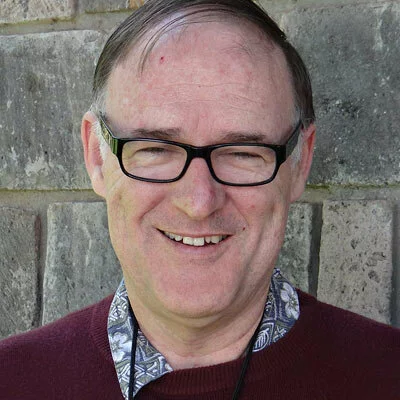At a missiology conference next month in Dallas, Sherwood Lingenfelter will be discussing homosexuality. Sherwood is a well-known and respected missiological anthropologist, the former provost at Fuller Theological Seminary, and the loving father of a lesbian daughter. There are a number of challenges that he will face as he presents, not least, the challenge of people wondering why in the world missiology is the right place for this discussion. Today I suggest five reasons why missiologists ought to begin focusing on this topic.
First, it is the very purpose and nature of missiology to focus on variable cultural contexts around the world wherever ministry occurs. And one of the most dramatically influential cultural trends of our contemporary world, conditioning the contexts in which ministry occurs, is the trend towards new moral sensibilities, norms, and socio-legal arrangements involving homosexuality. Not only in the USA or Europe, but across the world, rapidly shifting legal and political and social changes are taking place. Just as missiology has engaged issues related to polygamy where polygamy is widely practiced, or issues related to ancestors, where ancestral cults are central, so missiology should engage issues related to homosexuality in our contemporary world.
Second, how Christians engage this topic affects the credibility of our witness. Robert Putnam, among others, has explored evidence that the recent growth of the “religious nones” in American society is directly attributable to a widespread feeling of moral distaste, especially among young adults, for the way in which Christians are perceived to engage homosexuality and the LGBT community. Because this is directly connected with our witness in the world, this requires missiological engagement and reflection. In contrast to a “culture war” mentality treating others as an enemy to be fought, and striving to retain influence over others through political power, missiology as a discipline retains a central focus on how to engage others through a positive witness of the gospel, how flexibly to work with people in the messiness of life, and historically has developed in relation to contexts outside of Christendom, where influence came through suasion, not political control.
Third, while missiology works to be biblical and theological, it nonetheless also retains a central focus on empirical and inductive research related to human realities. Missiology is thus arguably the only discipline within theological education that systematically focuses on contemporary variable human realities, and that does so through a sustained use of social science methods and through sustained interaction with the wider theories of the human sciences. And this is precisely what is needed in this discussion. It is not enough for Christians to limit our discussion to the import of a few biblical passages. Rather we must also focus sustained attention on the human realities related to sexuality, culture, marriage, gender identity formation, law, stigma, desire, brokenness, and efforts at life-change. We must cultivate a depth of understanding of actual human lives in context, as critical foundations for carrying on any conversation on this topic with credibility. Missiology as an integrative and empirically oriented discipline has done this with other topics, and now needs to do this with sexuality.
Fourth, because of its comparative and global focus, missiology is well positioned to explore the extent to which our current conversations (both within our church settings, and in society at large) are parochial and based on culturally contingent assumptions. In the past missiologists have encountered, studied, and reflected on a wide variety of cultural patterns, ranging from polygamy to bride price or circumcision for both genders. Missionaries have also worked in societies around the world with variable patterns related to gender identity and/or homosexuality – patterns that do not closely conform to contemporary American ideas about homosexuality. This includes communities of hijras in South Asia where males adopt female clothing and identity, and sometimes have their male genitals completely removed. Or among the Aguaruna of Peru, where a small number of men (called aishmag nuwameu) take on the gender identity and roles of women, and may even serve as one of several wives for a polygamist husband. Or among the “Sambia” of Papua New Guinea, where all males traditionally went through three sexual stages: as young boys they provided sexual services (oral sex) to older adolescent boys, as adolescents they received sexual services from young boys, and as adults they became heterosexual and married (see Herdt 1981 – Guardians of the flute). No other discipline within theological education is better positioned to help us think about the global and comparative, than is missiology. But to draw from its strengths here, missiology must first become intentional about working on this topic.
Finally, missiology has been the theological discipline more than any other which is attentive both to possibilities of syncretism with cultural ideology on the one end, and healthy contextualization on the other. Unlike some conservative Christians, missiologists do not conceptualize cultural context and ideology purely as danger, evil, or error. Unlike some liberal Christians, missiologists do not assume that a culture’s “enlightened” thinking is necessarily true. That is, at the very core of the missiological mandate is the sense that culture and human context is something to be responded to both critically and positively, in the light of Scripture, but while being attentive to the possibility that our received interpretations of Scripture sometimes are less than faithful to Scripture, and may require further scrutiny and consideration.
But while I believe missiology should focus on this topic, and potentially brings real strengths to such a topic, there are profound challenges missiologists will need to overcome, if they are to have a healthy engagement with the topic. I take up those next week.





Comments
Be the first one to make a comment!